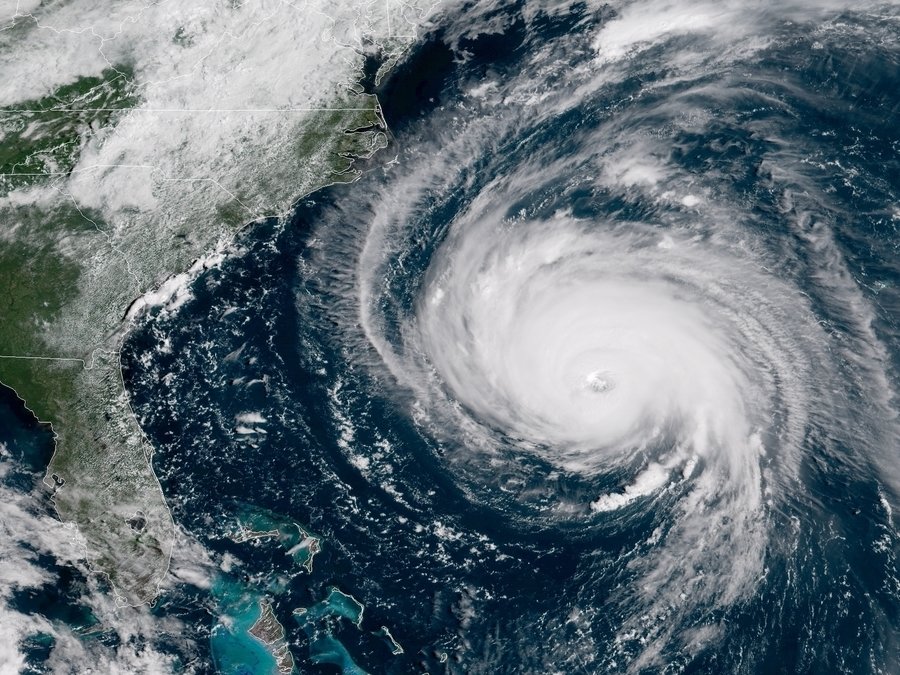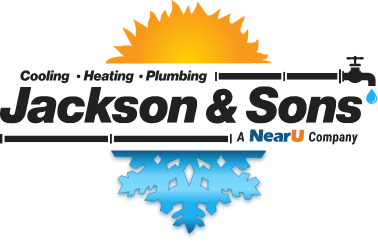
We are all familiar with the preparations needed for our family and home when a dangerous storm is approaching: water, non-perishable food, batteries, flashlights, radio, pet supplies, generator, etc. Below are a few precautions to protect your heating and air system during your hurricane preparation.
Double Check Your Homeowner’s Insurance Coverage
Understanding your insurance coverage can make dealing with HVAC hurricane damage less stressful, so read through your policy and/or contact your insurer before a storm hits. You should confirm the extent of your coverage, whether you need an additional flood policy because of your home’s location, the amount of your deductible and how to file a claim, if necessary.
Safeguard Against Lightning Strikes and Power Surges
While you should shut down your HVAC systems via their breakers in your electrical panel during a storm, this doesn’t guarantee they won’t sustain harm from a lightning strike, short-circuits from downed trees contacting power lines, or a spike in the flow of electricity that occurs when the grid comes back online after a power outage. To prevent internal damage to your HVAC’s electrical and sensitive electronic components from such events, you can have a dedicated, single-phase surge protector installed.
Shield Your Outdoor Unit From Wind and Debris Damage
When you’re advised that severe weather is heading your way, put away any outdoor items that may become airborne and cause impact damage to your outdoor unit. To further protect, secure the outdoor unit, make sure the bolts are tight, and use hurricane straps when possible.
If you have any concerns that your indoor or outdoor HVAC components have sustained storm damage from high winds, flooding, debris impact or a power surge, don’t attempt to restart the system. Have an HVAC professional inspect your system who can recommend any needed repairs or if a replacement needed.
For more HVAC advice and expert assistance before or after the storm contact Jackson & Sons.
Jackson & Sons, Inc.
Our goal is to help educate our customers in Eastern North Carolina (including Wayne, Johnston, Greene, Lenoir, Pitt and Duplin Counties) about energy and home comfort issues (specific to HVAC systems).
Credit/Copyright Attribution: “NPR”

